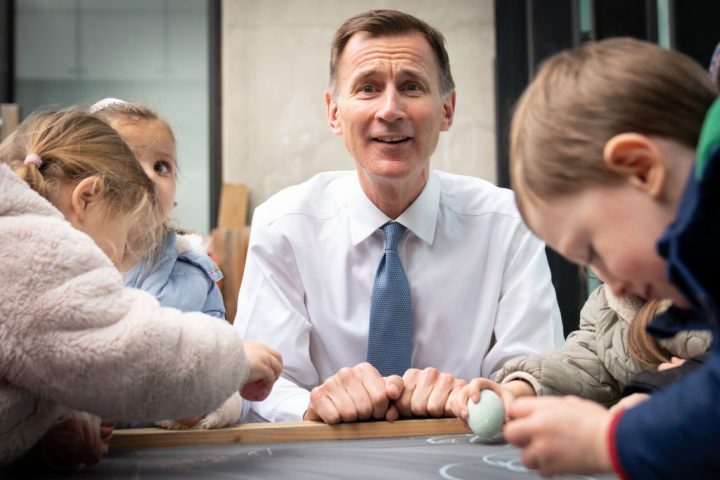Of all the reasons why the Conservatives deserve to lose the next general election, their nonsensical childcare policy is among the most convincing. Labour had needlessly meddled in this sector, with little positive effect on affordability, accessibility, or maternal employment. The Tories could have taken on the vested interests and trades unions, scaled back the state’s involvement, and created a competitive environment with lower costs and greater parental choice.
Already a subscriber? Log in
Subscribe for just $2 a week
Try a month of The Spectator Australia absolutely free and without commitment. Not only that but – if you choose to continue – you’ll pay just $2 a week for your first year.
- Unlimited access to spectator.com.au and app
- The weekly edition on the Spectator Australia app
- Spectator podcasts and newsletters
- Full access to spectator.co.uk
Or




















Comments
Don't miss out
Join the conversation with other Spectator Australia readers. Subscribe to leave a comment.
SUBSCRIBEAlready a subscriber? Log in